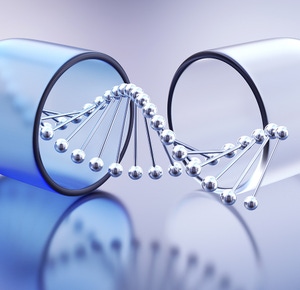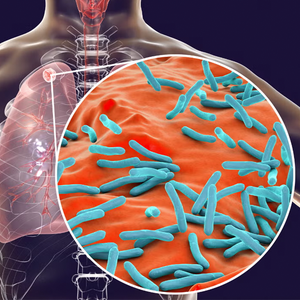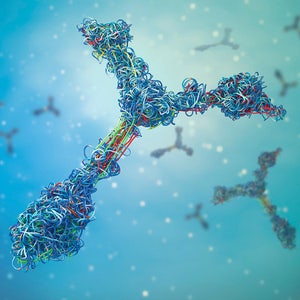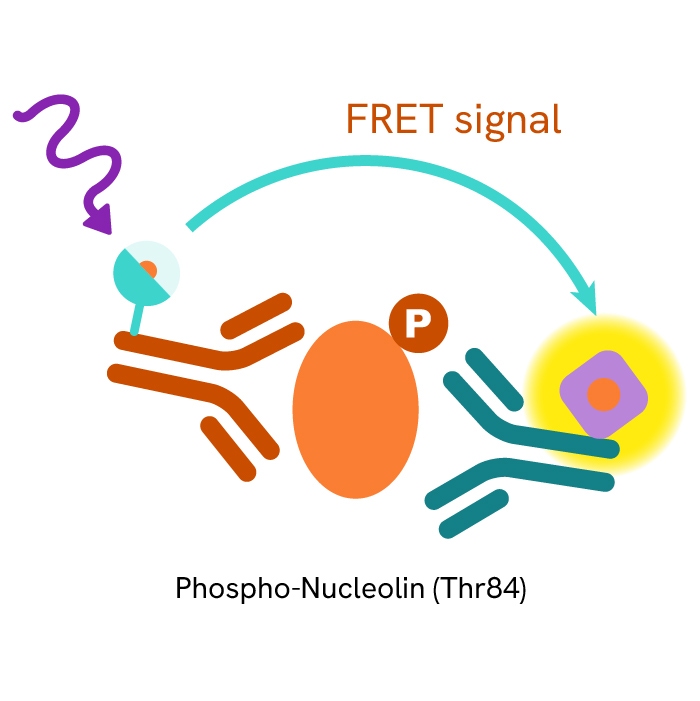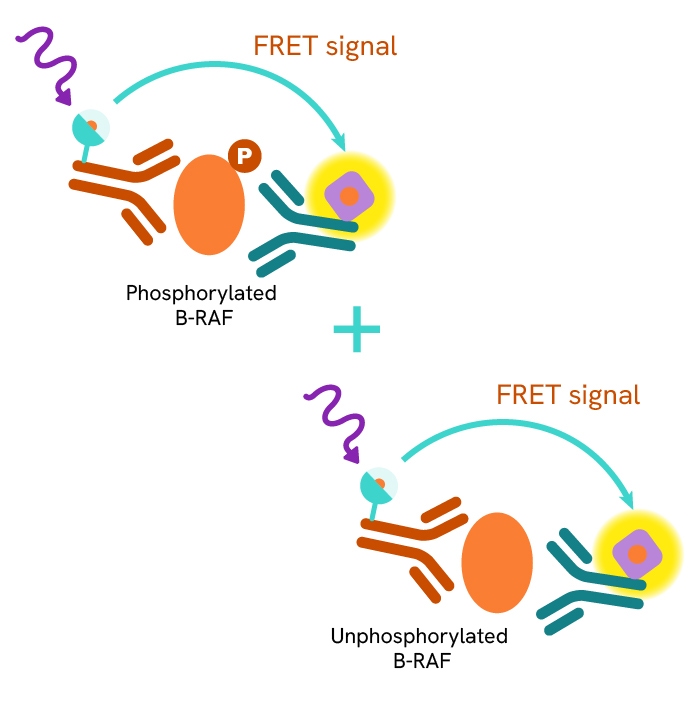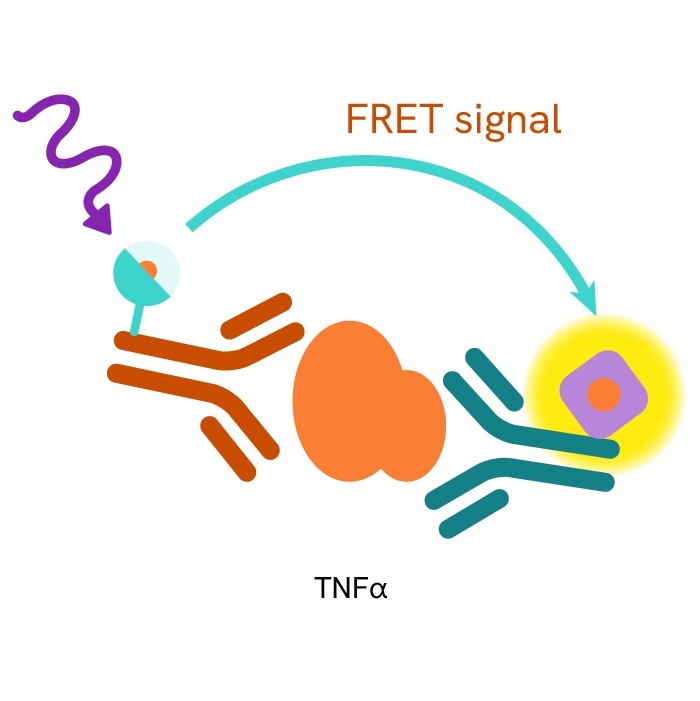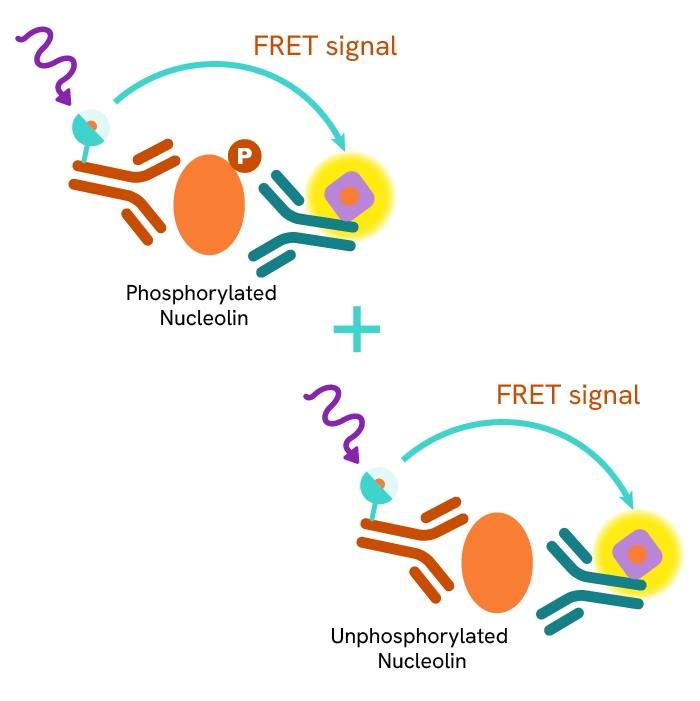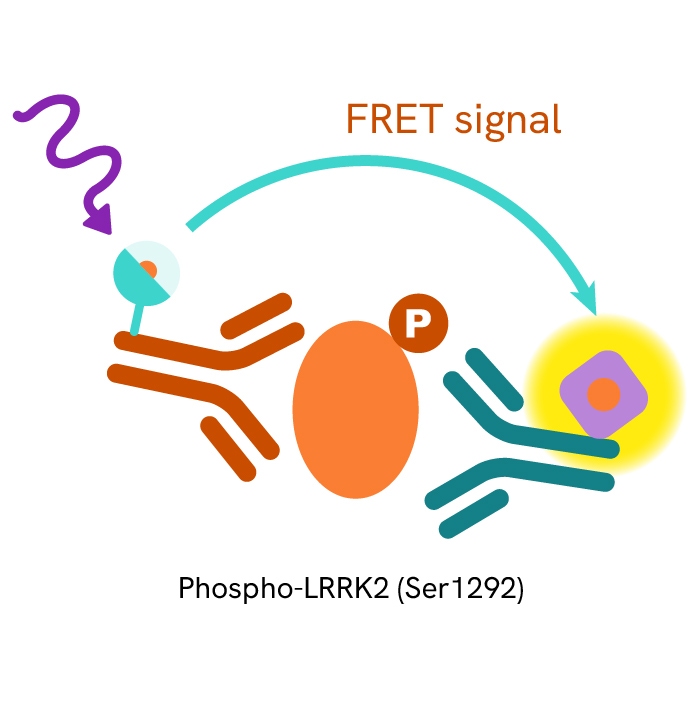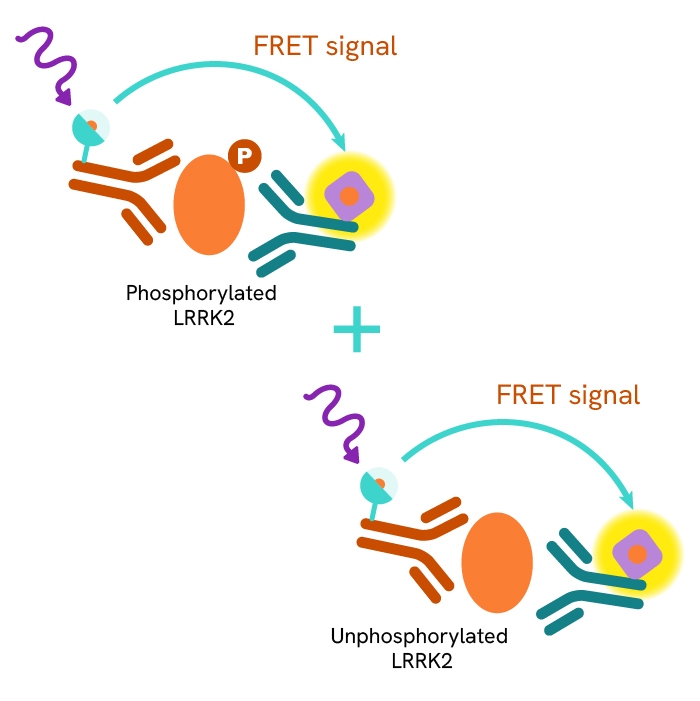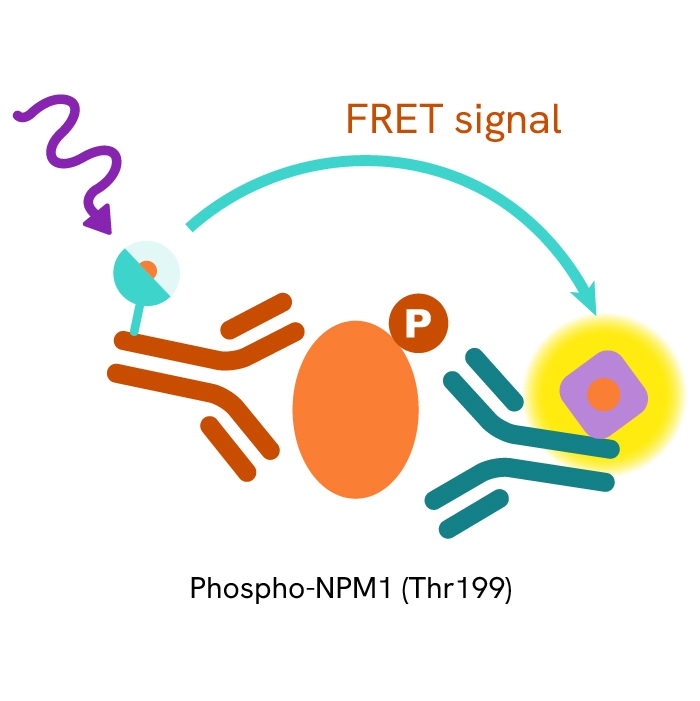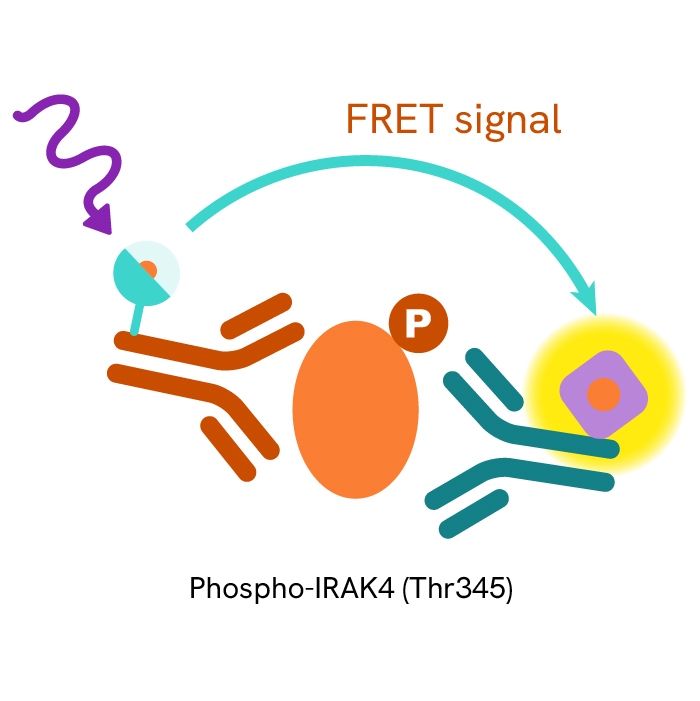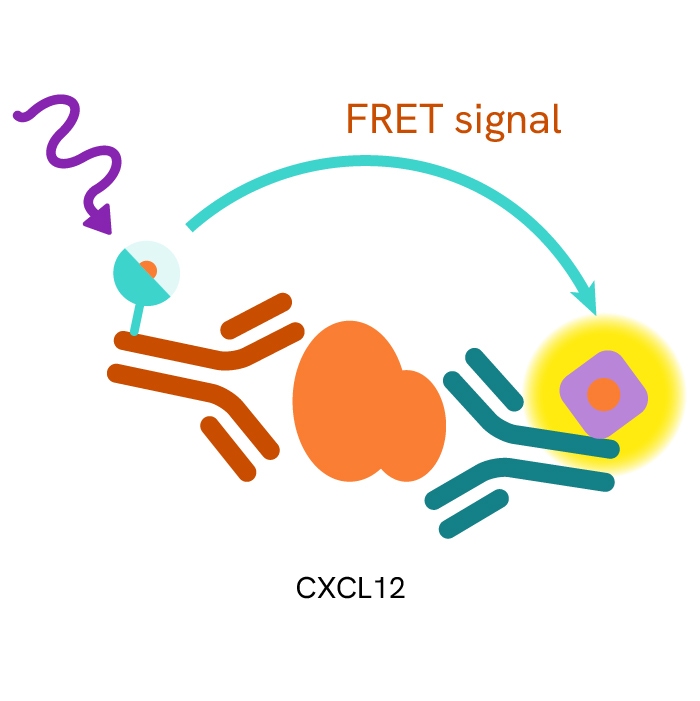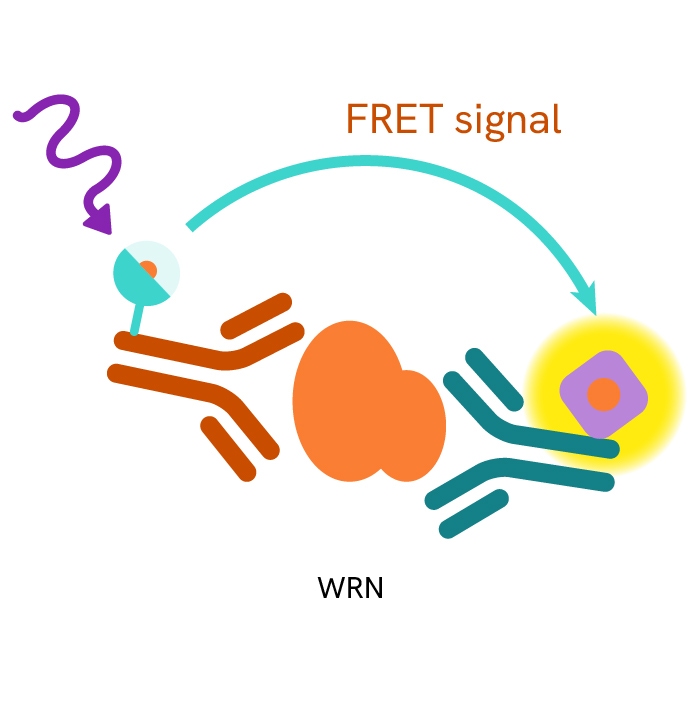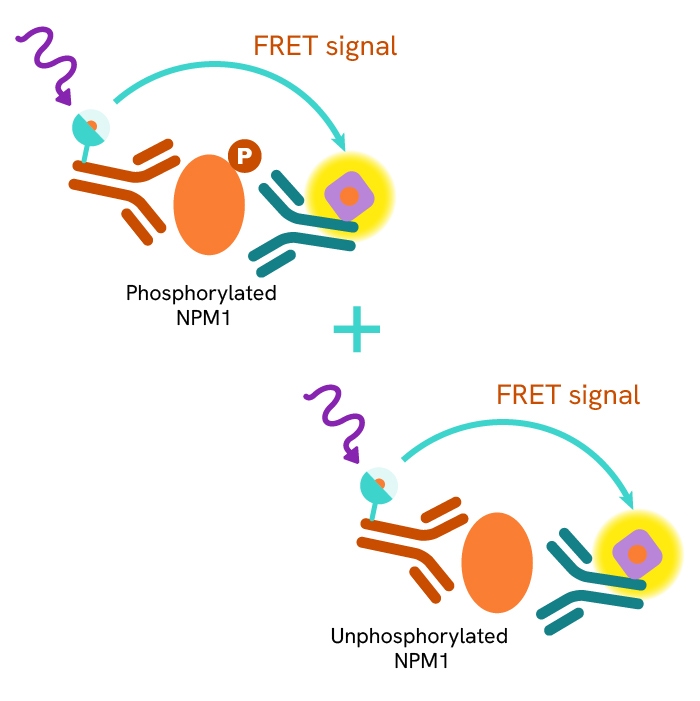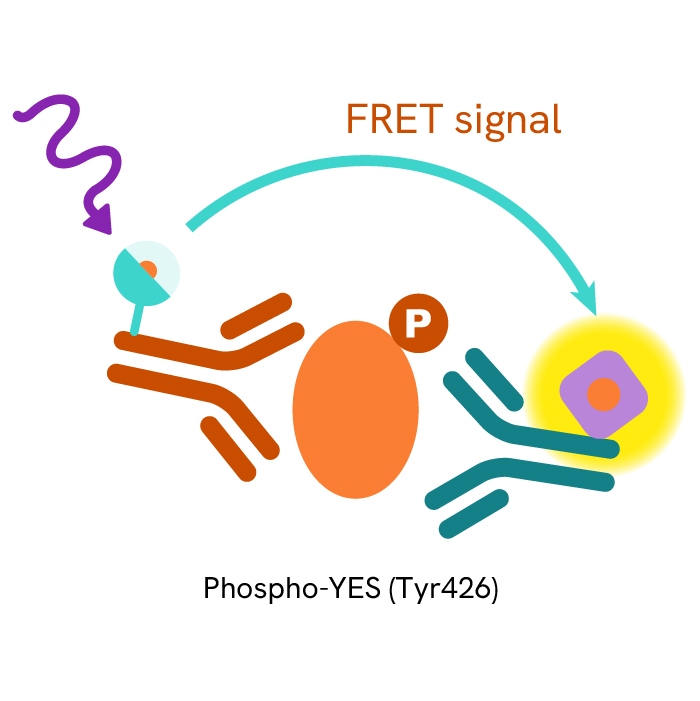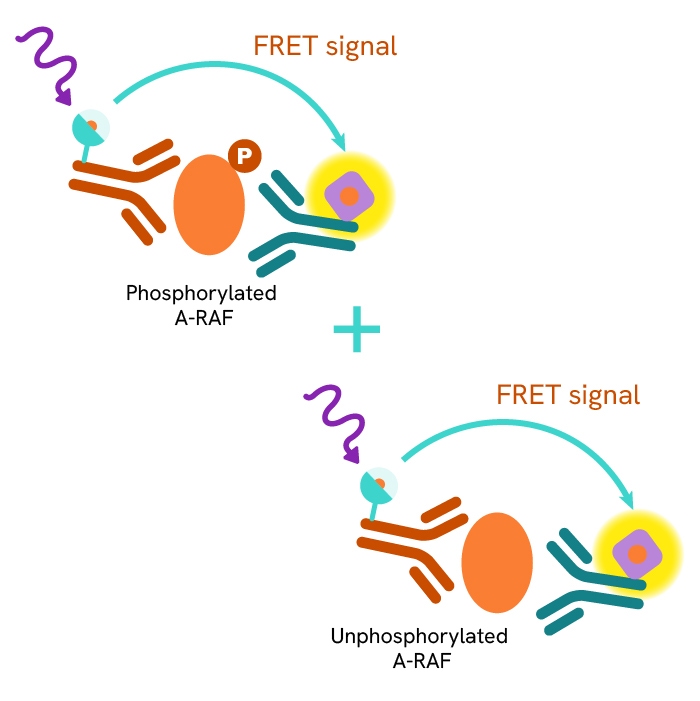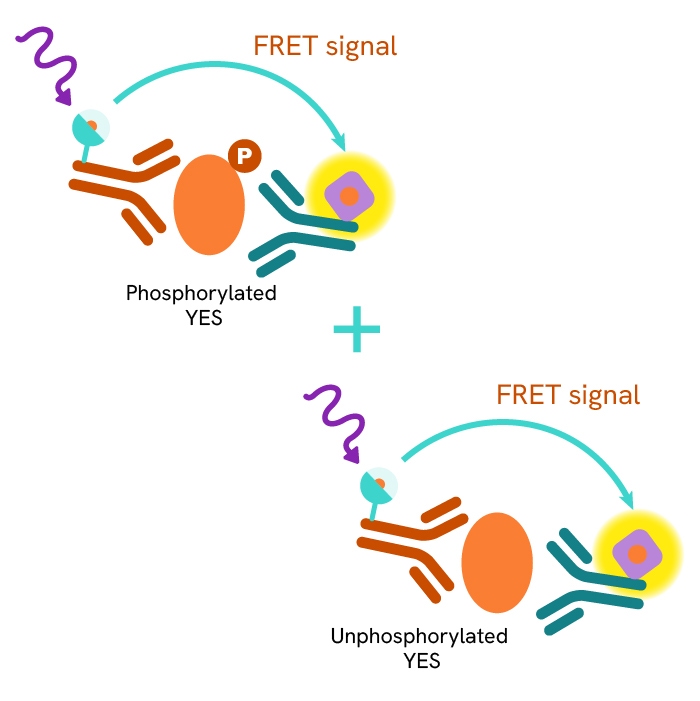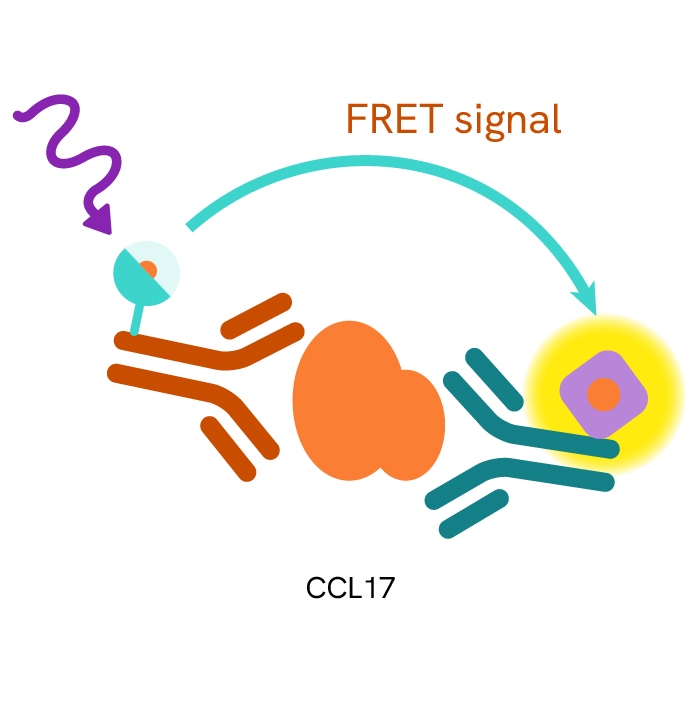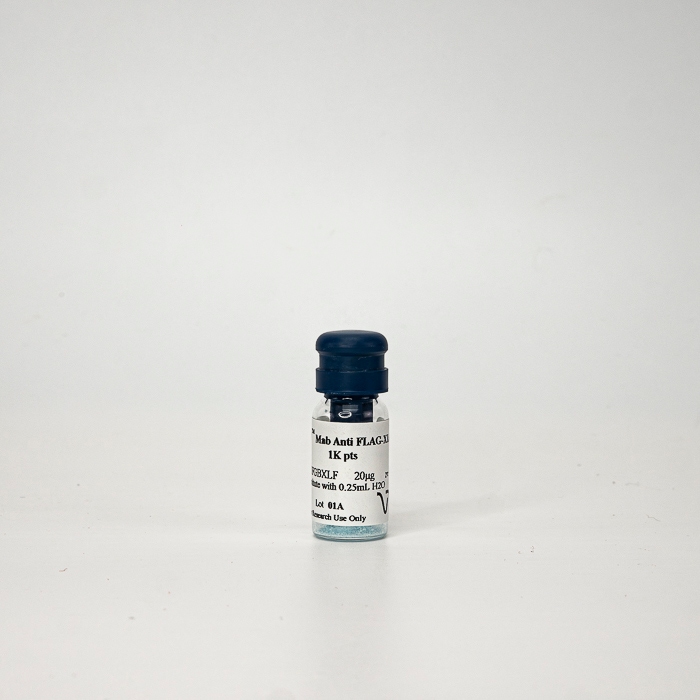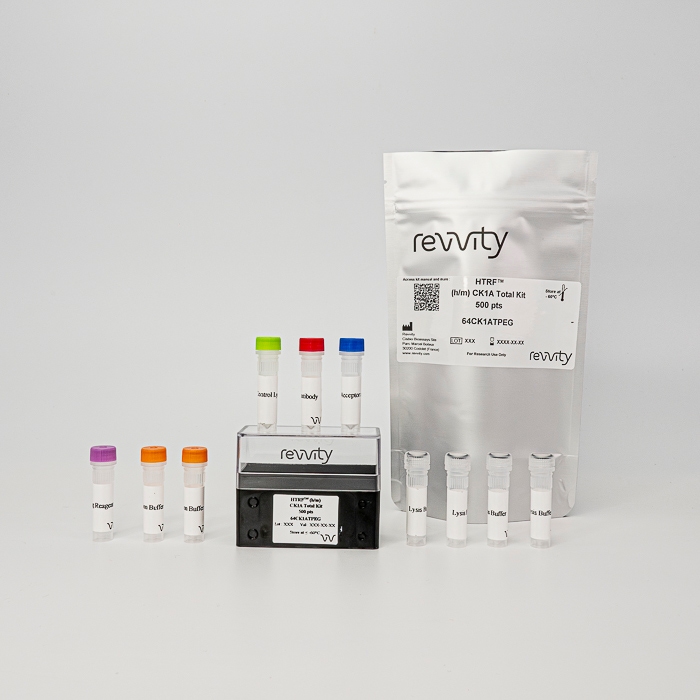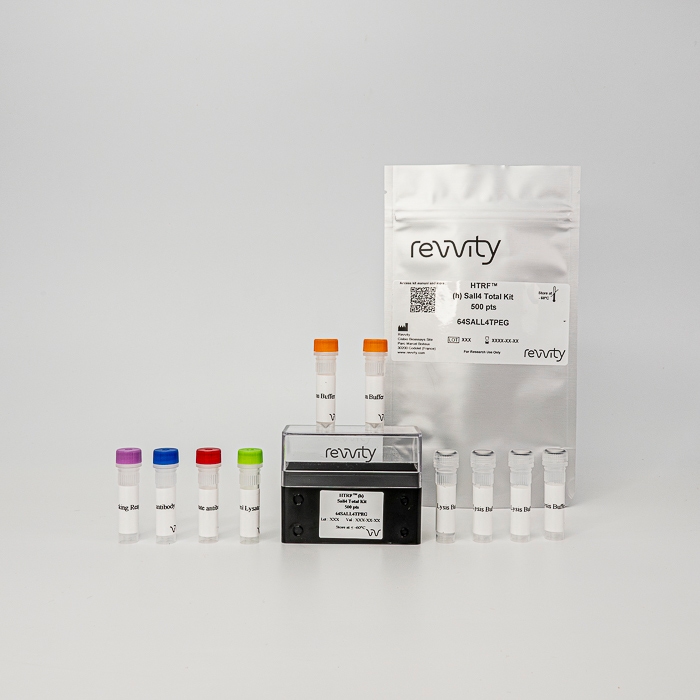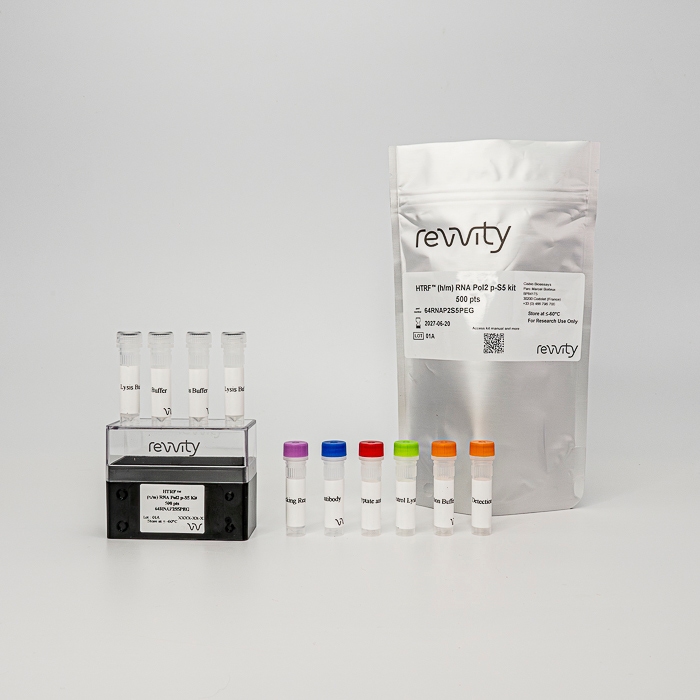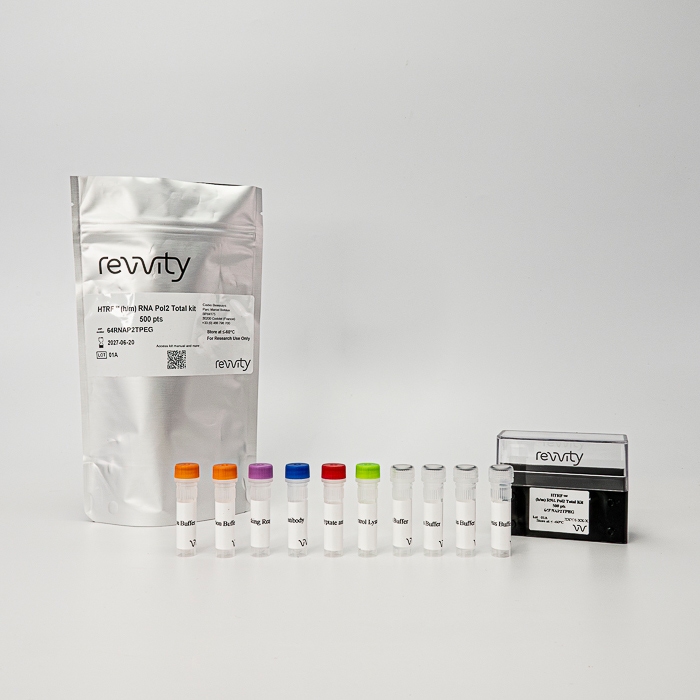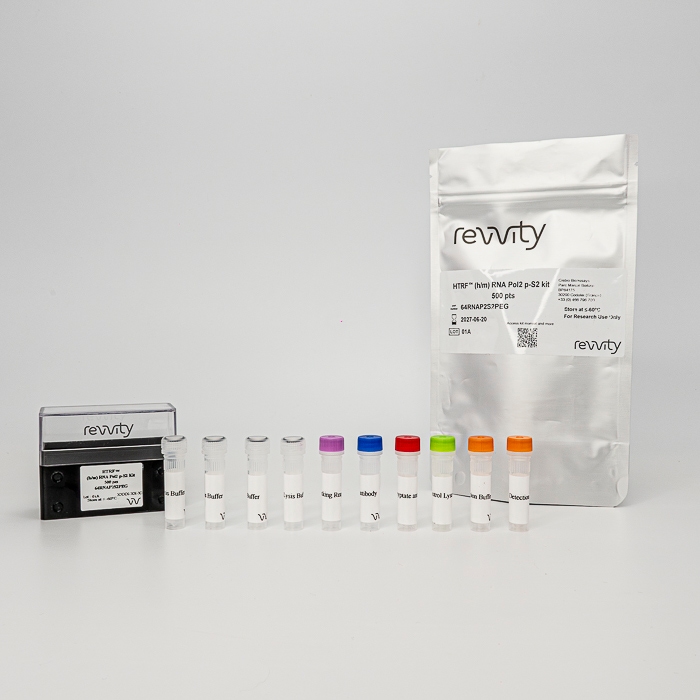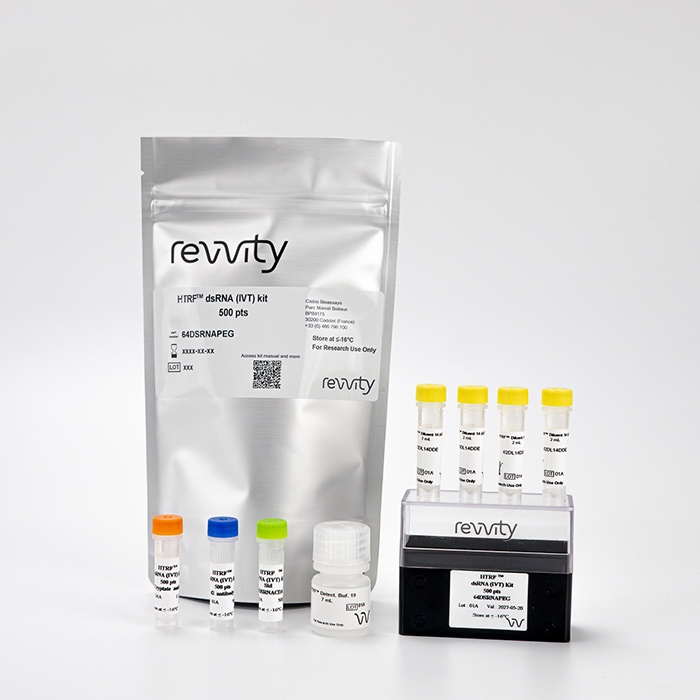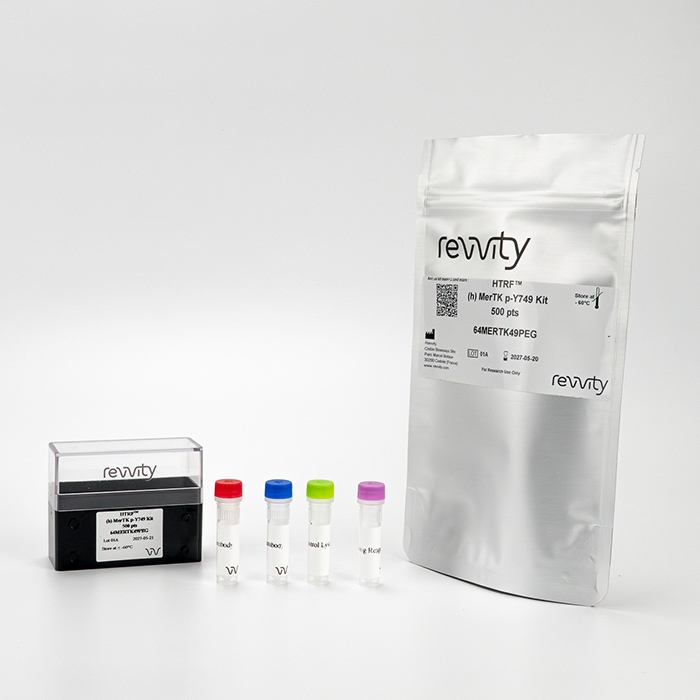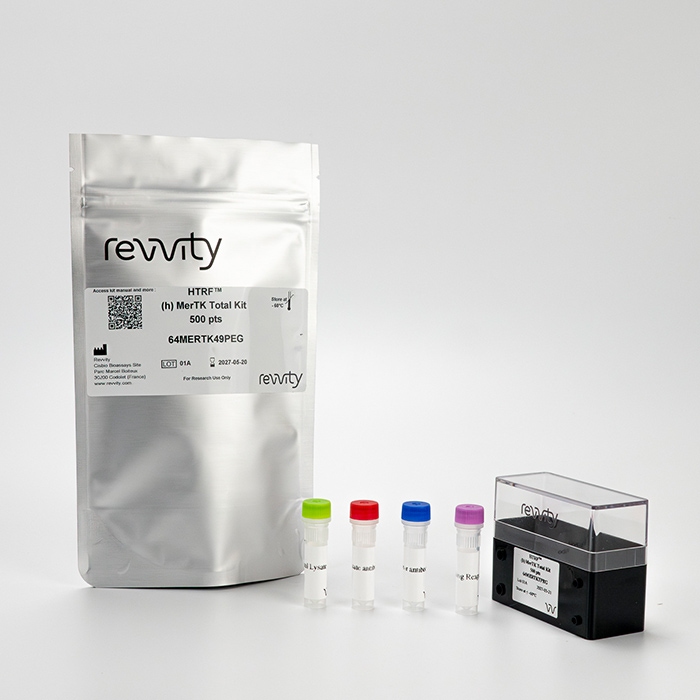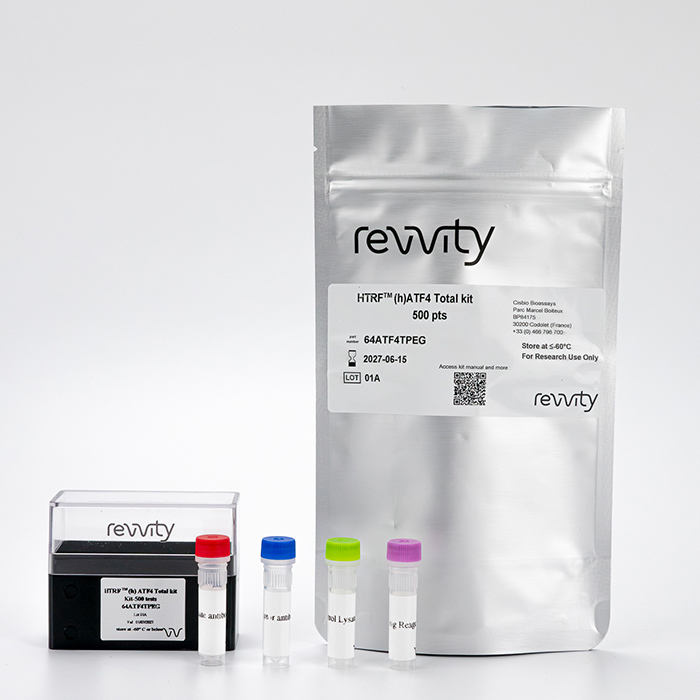Explore our solutions

Target area
Explore cell-based and biochemical assays by target area of interest, including cell and gene therapy, GPCRs, targeted protein degradation, and more.
Explore cell-based and biochemical assays by target area of interest, including cell and gene therapy, GPCRs, targeted protein degradation, and more.
- Biologics screening and characterization: Explore assays for biologics screening, mechanism-of-action studies, and biomanufacturing.
- Biomarker detection: Accurate detection and quantitation of molecular targets across serum, plasma, culture supernatants, cellular lysates, and other sample types.
- Cell and gene therapy: Discover and advance cell and gene therapy research with bioanalytical immunoassays for CGT development.
- Cell signaling: Focus on cell signaling and intracellular phosphorylated proteins, with streamlined approaches to pathway analysis.
- Cytokines: Access a comprehensive range of cytokine assay kits, including interleukins, interferons, chemokines, tumor necrosis factors, and lymphokines.
- Epigenetics: Leverage our epigenetics toolbox, designed to detect specific methylation and acetylation marks on histone peptide substrates.
- GPCRs: Measure cAMP levels and track downstream protein phosphorylation with functional GPCR assays.
- Protein kinases: Explore an extensive portfolio of protein phosphorylation assays, available in cell-based or biochemical no-wash formats.
- Protein-protein interactions: Utilize highly sensitive assays to study protein interactions involved in a range of biological processes.
- Receptor binding: Access cell-based solutions with no separation steps and eliminate radioactive waste, an improvement over traditional SPA and radioligand binding assays.
- Targeted protein degradation: Monitor protein expression levels and characterize the mechanism of action using our total and phospho kits.
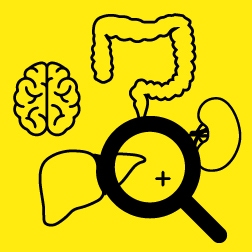
Therapeutic area
Explore cell-based and biochemical assays by your therapeutic area of research, including oncology, neuroscience, metabolic diseases, and more.
Explore cell-based and biochemical assays by your therapeutic area of research, including oncology, neuroscience, metabolic diseases, and more.
- Autoimmune diseases: Comprehensive reagents for autoimmune disease research, including rheumatoid arthritis, lupus, inflammatory bowel disease, multiple sclerosis, and more.
- Obesity, diabetes, and metabolic diseases: Solutions for drug discovery in obesity, diabetes, and metabolic diseases, featuring assays for biomarker detection, protein analysis, and GPCR research.
- Fibrosis: Ready-to-use assays for monitoring biomarkers, phosphoproteins, and transcription factors relevant to fibrotic disease research.
- Immuno-oncology: Assays for studying immunity and immune cells, covering protein, biomarker, and cytokine detection, as well as cell toxicity and proliferation.
- Oncology: A comprehensive oncology portfolio, including assays for cytokines, biomarkers, phospho-proteins, cell proliferation, cytotoxicity, and more.
- Neuroscience: A wide range of neuroscience assays to support research in neurodegenerative disorders such as Alzheimer’s, Parkinson’s, and Huntington's disease.
- Virology: Assay technologies for viral studies, enabling assessment of viral life cycles and antiviral immune responses with streamlined workflows.
Featured resources


Filters
1 - 25 of 1217 Products and Services
This HTRF kit allows for the cell-based quantitative detection of Nucleolin when phosphorylated at Thr84.
This HTRF kit allows for the cell-based quantitative detection of total B-RAF.
The HTRF HP Human TNF-α kit is designed for the simple and rapid quantification of TNF-α proteins in cell supernatants, offering a no-wash alternative to ELISA. This kit is a new and improved version of the existing kit, 62HTNFAPEG.
This HTRF kit allows for the cell-based quantitative detection of total Nucleolin.
This HTRF kit allows for the cell-based quantitative detection of LRRK2 when phosphorylated at Ser1292.
This HTRF kit allows for the cell-based quantitative detection of Total LRRK2.
This HTRF kit allows for the cell-based quantitative detection of NPM1 when phosphorylated at Thr199.
This HTRF kit allows for the cell-based quantitative detection of IRAK4 when phosphorylated at Thr345.
The HTRF CXCL12 kit allows for the simple and rapid quantification of soluble CXCL12 in cell supernatants, providing a fast and no-wash alternative to traditional wash-based ELISA assays. The kit is suitable for the measurement of CXCL12 from both human and mouse cell lines.
This HTRF kit allows for the cell-based quantitative detection of WRN.
This HTRF kit allows for the cell-based quantitative detection of Total NPM1.
This HTRF kit allows for the cell-based quantitative detection of YES when phosphorylated at Tyr426.
This HTRF kit allows for the cell-based quantitative detection of total A-RAF.
This HTRF kit allows for the cell-based quantitative detection of Total YES.
The HTRF human CCL17 kit is for the simple and rapid quantification of soluble human CCL17 proteins in cell culture supernatants, and can be used as a no-wash alternative to more traditional wash-based ELISA.
XL665-labeled anti-FLAG antibody for capturing FLAG-tagged proteins in protein/protein interaction assays.
This HTRF kit allows the cell-based quantitative detection of Total CK1a.
This HTRF kit allows for enable the cell-based quantitative detection of Total SALL4.
This HTRF kit Allows for the cell-based quantitative detection of RNA Pol II when phosphorylated at Ser5.
This HTRF kit enables the cell-based quantitative detection of Total RNA Pol II
This HTRF kit allows for the cell-based quantitative detection of RNA Pol II when phosphorylated at Ser2.
The HTRF dsRNA (IVT) kit is intended for the simple and rapid quantification of double-stranded RNA (dsRNA) particles in samples resulting from In Vitro Transcription (IVT) of mRNA. It offers a fast and homogeneous alternative to ELISA or immunoblot.
This HTRF kit allows for the cell-based quantitative detection of MerTK when phosphorylated at Tyr749.
This HTRF kit allows for the cell-based quantitative detection of Total MerTK.
This HTRF kit enables the cell-based quantitative detection of Total ATF4.




